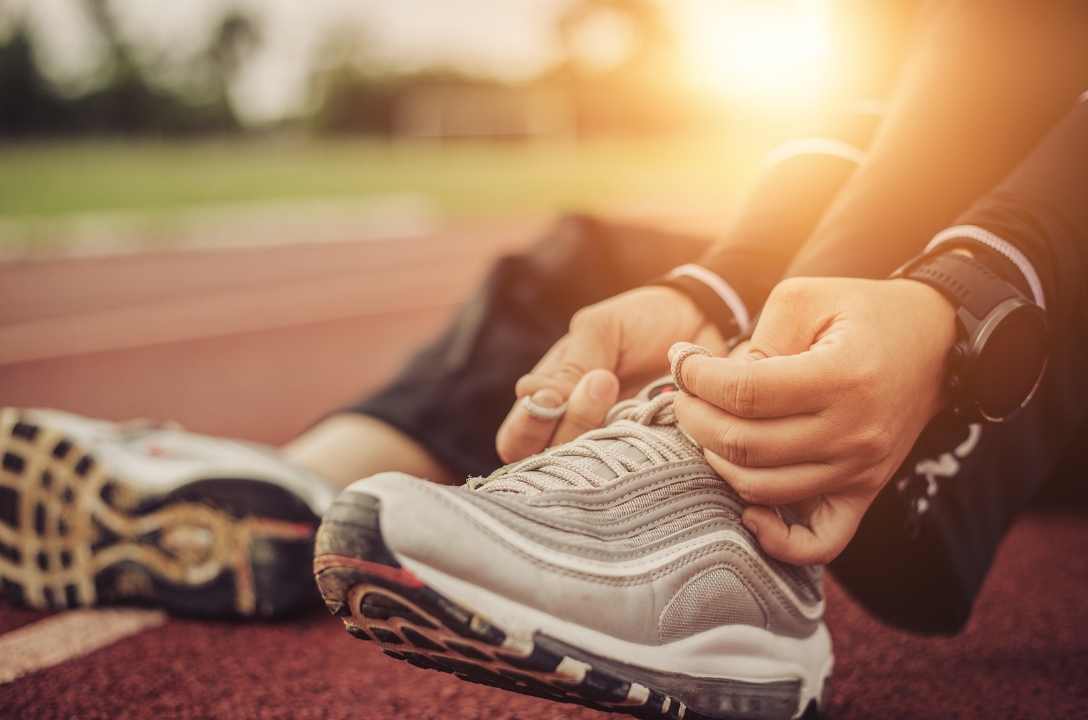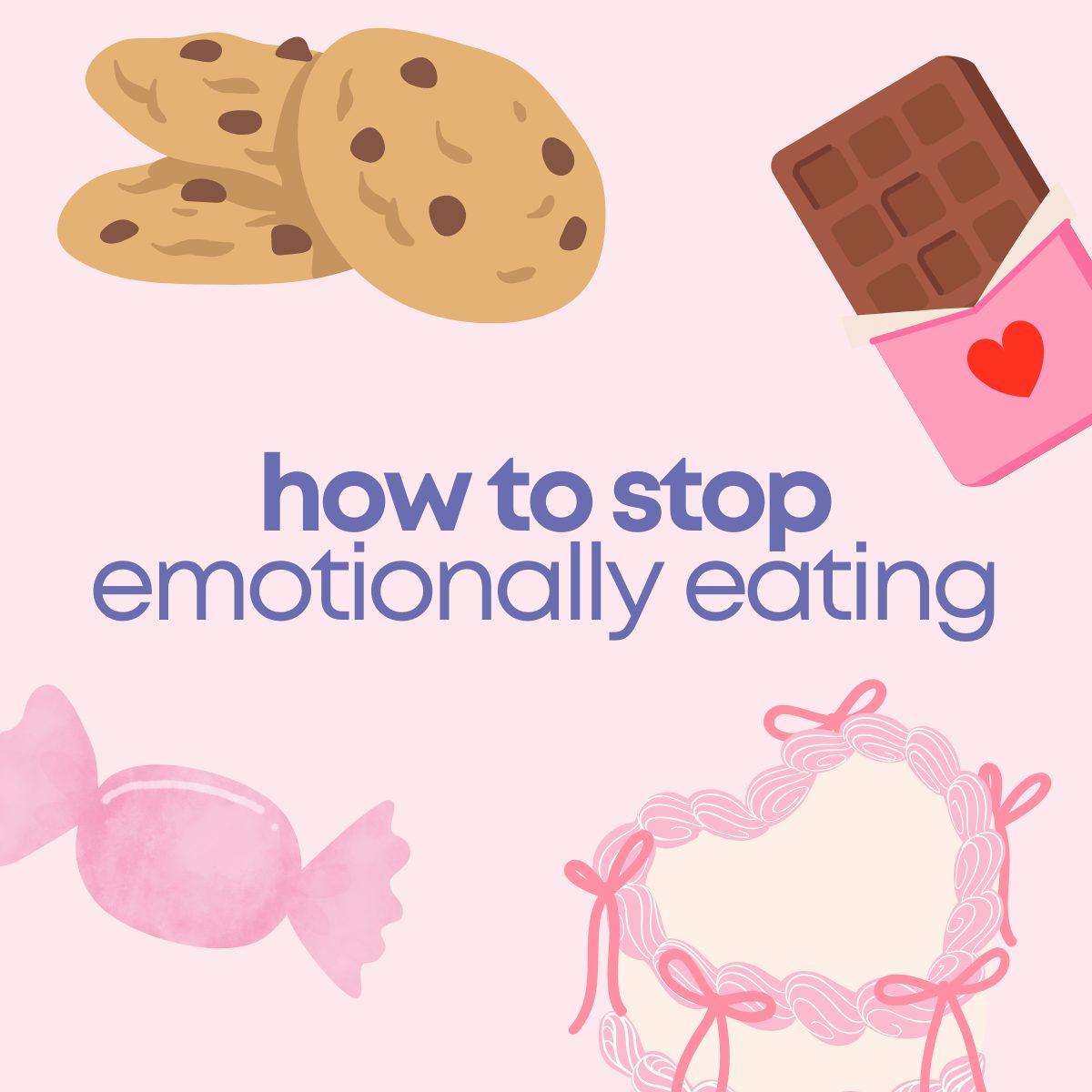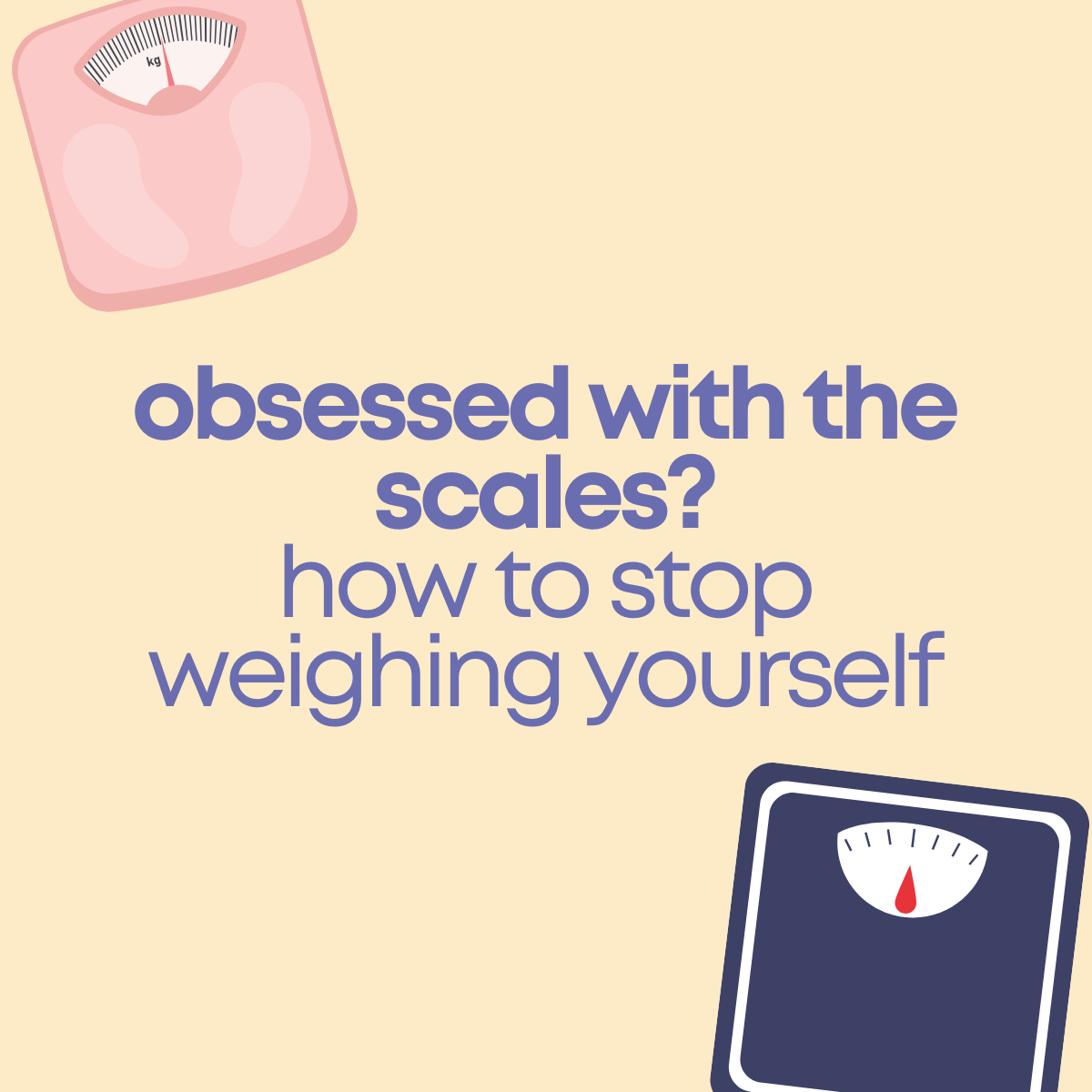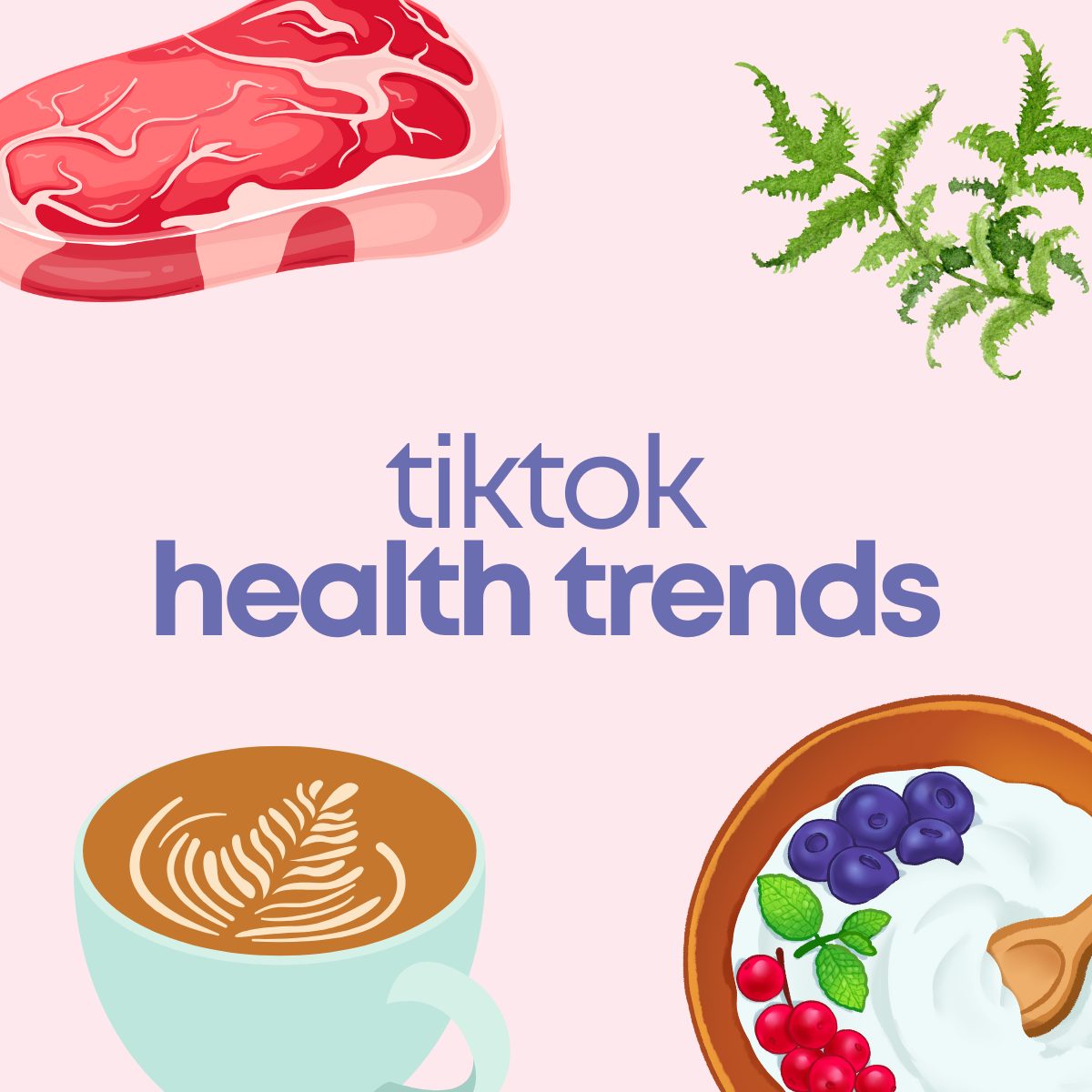Today we have our first guest for the season – Sophie Rindfleish. In this podcast we discuss Sophie’s journey with her own struggles with food, what it’s like being on social media as a health professional and her top tips on how to improve your relationship with exercise.
Sophie is an online Accredited Practicing Dietitian who works with a wide range of clients but has a strong focus in the areas of gut health and disordered eating. She is also active on her Instagram (@healthybodhealthymind) where she promotes a balanced and holistic approach to health with a focus on how you can improve your relationship with exercise and food.
Kiah and Meg
Sophie’s Answers
Question 1: What made you go down the pathway to studying nutrition and becoming a dietitian? We’d love to hear your journey and how you got to where you are today.
- I’ve always had an interest in health and nutrition from a young age but this got stronger around age 18
- However, at this time I also started getting quite pre-occupied with food and exercise which started affecting my mental health negatively
- This ignited a stronger interest and passion to help others repair their own relationships with food
- I also previously worked with gastroenterologists and colorectal surgeons which is where the interest in gut health stems from
Question 2: Do you feel like your own relationship with food has influenced how you practice as a dietitian?
- Yes – my lived experience with calorie tracking and restriction helps me understand where my clients are coming from with their own struggles
- This has made me more aware of the importance of focusing on health and how you feel rather than say weight loss and how your body looks
View this post on Instagram
Question 3: When did you start your Instagram?
- I actually started it in 2014 as a ‘fitspo account’ posting photos of models and my meals to help keep myself accountable
- But overtime it has evolved quite a lot into what it is now – especially once I starting studying to be a dietitian
- Content has shifted significantly since then
Question 4: How do you find Instagram has changed over the years? We particularly find it concerning that there is a strong presence of diet culture which influences people’s relationship with food and their body. Do you have any tips for people wanting to improve their relationship with food and their body?
- It can be tricky to know who to trust on social media – especially now as diet culture content has become more sneaky so you don’t always recognise it.
- For example ‘what I eat in a day’ posts which also include image of their bodies – you start to associate what they (the influencer) eats with how they look
- This can be very negative as just because they eat that way doesn’t mean you will look like them if you eat that way too
- I recommend looking for someone who is accredited in that field that you are looking to get advice into – for example, don’t get look for diet advice from a chiropractor
- Other red flags I recommend to look out for:
- if something seems too good to be true
- people trying to sell you something
- shaming of certain foods
View this post on Instagram
Question 5: How would you describe having a healthy relationship with food?
- A healthy relationship with food is one where you are eating nourishing foods which are going to make you feel good and fuel your body as well as eating foods which you enjoy
- You also aren’t constantly thinking about food and your next meal – thoughts about food and how it fits into your life shouldn’t consume your day
- Going out to eat doesn’t make you feel guilty or anxious – just neutral
- There is definitely a balance between eating a healthy diet with foods that will nourish you as well as eating socially and including foods that aren’t so ‘healthy’
Question 6: What about exercise – tell us about having a healthy relationship with exercise?
- This goes hand in hand with having a healthy relationship with food as often exercise gets associated with food
- The diet and fitness industry has made us think that we need to exercise in order to burn off food, but exercise shouldn’t be just about food
- Exercise is so much more than a way to burn calories and look a certain way and focusing on this can just make you feel guilty
- There are so many other benefits such as mental health, cardiovascular health, improving strength and improving confidence
- Personally, I started exercising at the gym at age 14 with my mum and loved it but once my more disordered behaviours/thoughts started I took up running instead with the intent to to lose weight and hated it
- Now my relationship with exercise is much more positive – I wake up excited to go to the gym or run to see my progress and it makes me feel good
Question 7: Any tips on finding exercise you enjoy?
- I recommend trying a lot of different things to see what you like.
- Even apps such as MindBody or Class Pass are great -they are a bit like Uber Eats but for exercise where you can try loads of different classes to see what you like
- Movement doesn’t have to be going to the gym, it could be something like rollerblading
Tip from Meg: Going somewhere that has some community can help with motivation and making it more enjoyable
Tip from Kiah: Think about the activities you previously enjoyed as a kid
Question 8: Should you eat less on rest days?
- Personally, I think no – your body still needs energy to function and repair/recover from your exercise
- In my practice I don’t focus on calories in food and burnt during exercise anyway
- Instead I recommend focusing on how you feel – do you feel like a bit more or less food on different days
View this post on Instagram
Question 9: Any tips for people currently counting calories or using a Fitbit to obsessively track their food and/or exercise?
- Firstly, calorie tracking isn’t inherently bad – it does work for certain people who already have a good relationship with food
- But, if you are finding that it is negatively impacting your mindset and how you feel then it is definitely something you should stop doing, at least for a period of time (or forever) until you repair your relationship with food/exercise and your body
- Either you can go cold turkey – e.g. just delete MyFitnessPal but, if this is too overwhelming then you can gradually reduce the amount of tracking you do instead
- For example – start but not weighing your food or just not tracking one meal per day
- Once you stop tracking you can then start to recalibrate and get back in tune with your own hunger and fullness cues
- Same can be said for fitness trackers – just remember is that the calories burnt isn’t even actually accurate (same can be said for nutrition labels – calories may be up to 25% more or less than stated)
- The goal is to get back in tune with how you feel rather than allowing technology to dictate what you eat and how you exercise
Question 10: Any tips on dealing with mindset on taking rest days?
- This is a tricky question as many people feel guilty about not doing any exercise during the day – even I feel this way sometimes
- When these thoughts come in, you get to decide how you react to it – just because you think it doesn’t mean you need to act on it OR that it is true
- Recognise these negative thoughts and try to rationalise them – start by considering, if this was a thought your best friend was having – what would you say to them.
- Remember rest days are good for you and important for optimising your performance
Tip from Meg: ask yourself – why do I have a different set of rules for myself than what I think is good for those I love
Finally, how can we find you?
- Instagram: @healthybodhealthymind
- TikTok: @healthybodhealthymind




Comments +